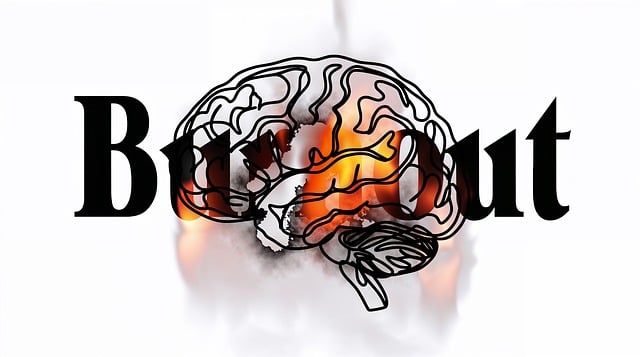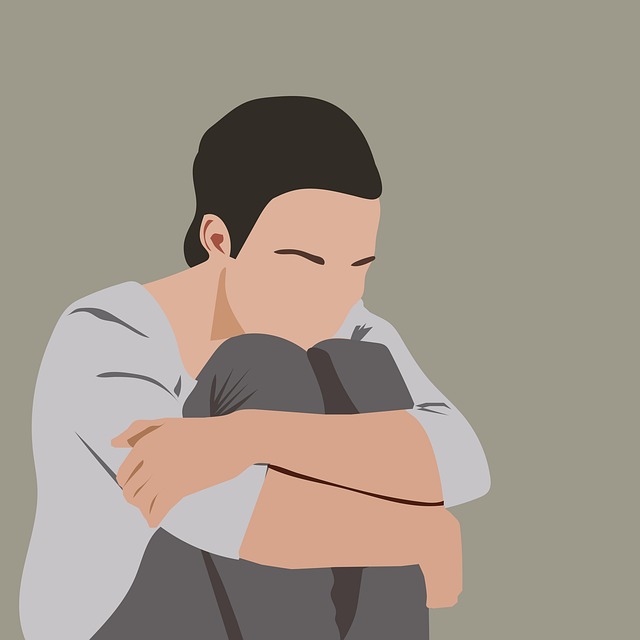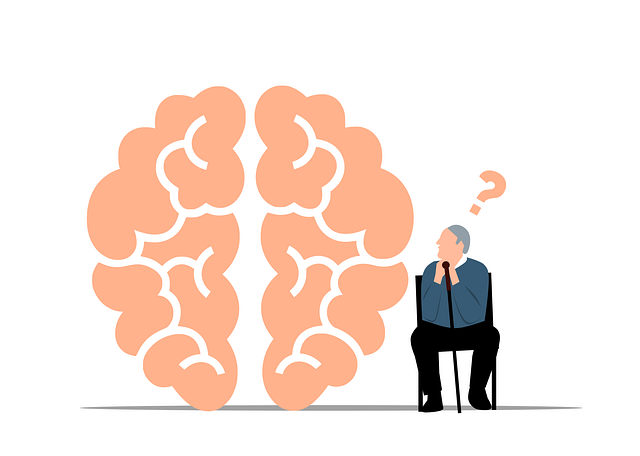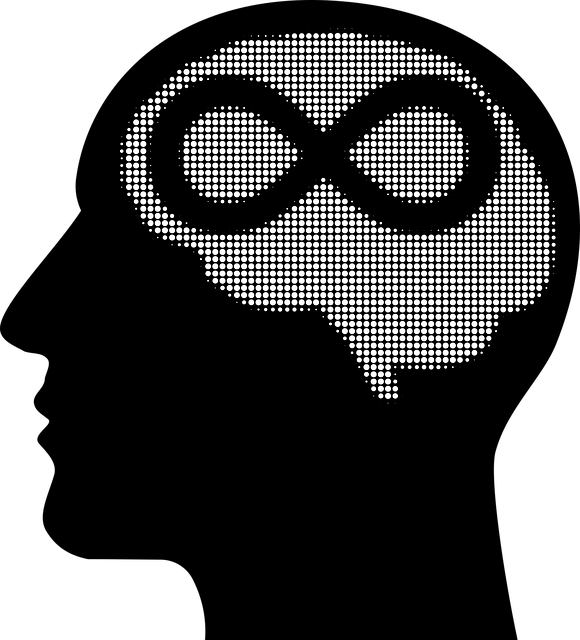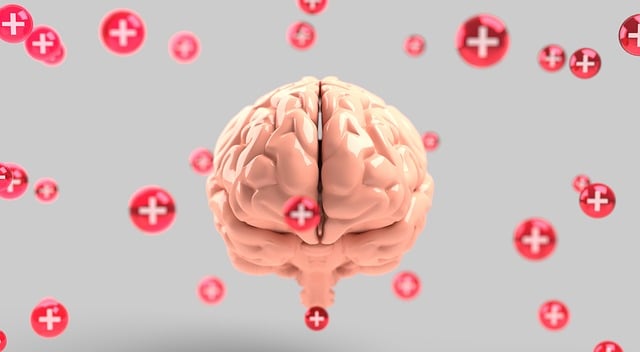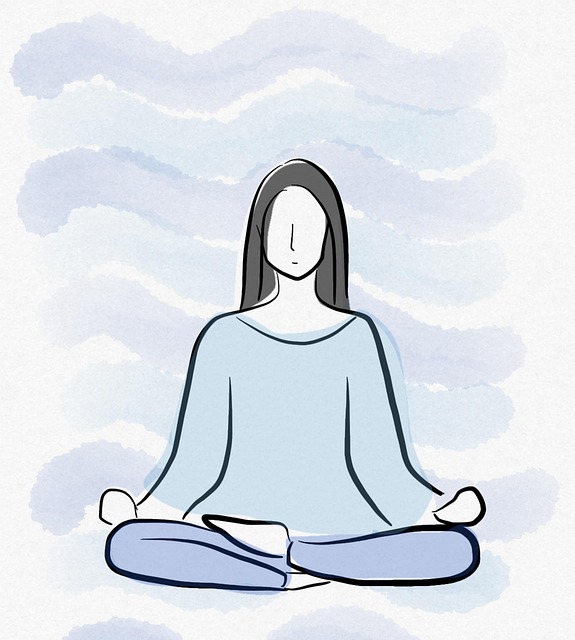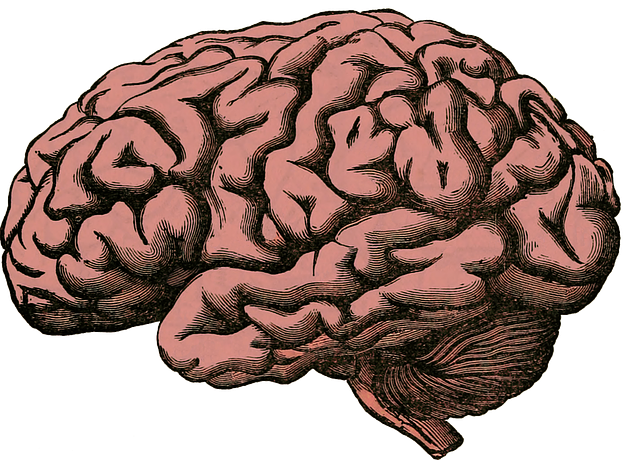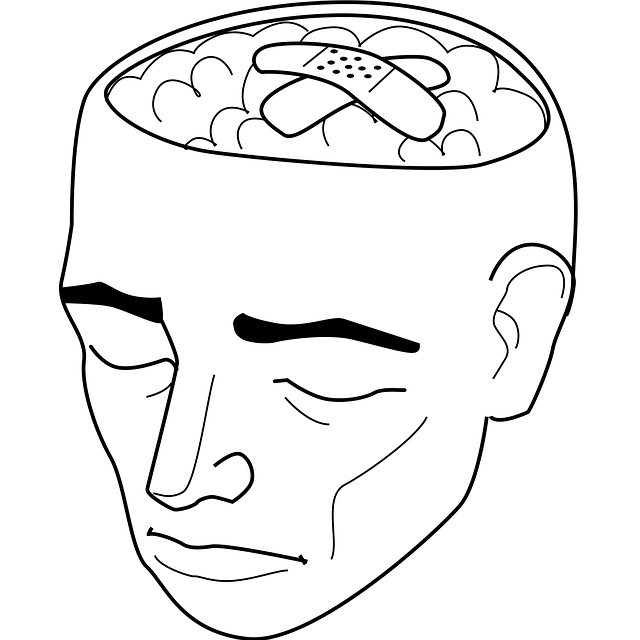Boulder Geriatrics Therapy introduces holistic mental wellness coaching programs for older adults, addressing unique challenges like cognitive changes, physical limitations, and social isolation. Using Mind Over Matter Principles, Self-Care Practices, and Self-Esteem Improvement, coaches empower seniors to build resilience, maintain positivity, and improve quality of life, promoting independence and a fulfilling later stage of life. The program incorporates cognitive behavioral therapy, mindfulness practices, social engagement activities, risk assessment, and burnout prevention strategies for both coaches and professionals, ensuring comprehensive, supportive care tailored to geriatric needs.
Mental wellness coaching programs are gaining traction as valuable tools for aging adults, offering support and guidance to navigate the unique challenges of aging. This article explores the growing importance of mental health awareness among seniors, with a focus on developing effective coaching strategies tailored to their needs. We delve into ‘Boulder Geriatrics Therapy’—a comprehensive approach that integrates various therapeutic techniques, providing insights into its design and implementation for optimal senior well-being.
- Understanding Mental Wellness and Its Impact on Aging Adults
- Designing Effective Coaching Programs for Geriatric Populations
- Implementing Boulder Geriatrics Therapy: A Comprehensive Approach
Understanding Mental Wellness and Its Impact on Aging Adults

Mental wellness coaching programs are increasingly important as we age, recognizing that mental health and well-being play a significant role in the lives of older adults. In Boulder Geriatrics Therapy, understanding the unique challenges faced by this demographic is crucial. As individuals age, they may experience cognitive changes, physical limitations, and social isolations, all of which can impact their mental wellness. These factors contribute to increased stress, anxiety, depression, and other mental health concerns.
The development of mental wellness coaching programs should focus on empowering seniors to navigate these challenges using proven strategies like Mind Over Matter Principles. By integrating Self-Care Practices and encouraging Self-Esteem Improvement, coaches can help aging adults cultivate resilience, maintain a positive outlook, and enhance their overall quality of life. Such interventions are vital in fostering independence and promoting a fulfilling later life.
Designing Effective Coaching Programs for Geriatric Populations

Designing coaching programs for geriatric populations requires a nuanced approach that considers the unique needs and challenges of older adults. According to Boulder Geriatrics Therapy, effective coaching in this sector should focus on enhancing cognitive function, promoting social engagement, and fostering a sense of purpose. The programs must be adaptable to different levels of mobility and cognitive ability, incorporating activities that stimulate mental agility and encourage physical activity where possible.
Conflict resolution techniques can be integrated into these coaching sessions to address common interpersonal challenges that older adults may face. Community outreach program implementation is another vital aspect, connecting seniors with local resources and support networks. Additionally, crisis intervention guidance should be readily available to handle any emotional or psychological distress, ensuring a comprehensive and supportive environment for this demographic.
Implementing Boulder Geriatrics Therapy: A Comprehensive Approach

Implementing Boulder Geriatrics Therapy offers a comprehensive approach to mental wellness coaching programs, focusing on older adults’ unique needs and challenges. This model incorporates evidence-based practices tailored to promote emotional well-being and prevent mental health issues prevalent in this demographic. By integrating techniques such as cognitive behavioral therapy, mindfulness practices, and social engagement activities, coaches can effectively support clients in navigating age-related stressors and improving their overall mental health.
Moreover, the comprehensive nature of Boulder Geriatrics Therapy extends to risk assessment and burnout prevention strategies for mental health professionals. Recognizing the potential for stress and exhaustion among caregivers, this approach emphasizes self-care practices and resilience-building techniques. Through regular monitoring and support, coaches can ensure they are equipped to provide consistent, quality care while maintaining their own emotional well-being.
Mental wellness coaching programs, such as Boulder Geriatrics Therapy, offer a comprehensive approach to enhancing the well-being of aging adults. By understanding the unique mental health challenges faced by this demographic and designing tailored coaching strategies, we can significantly improve their quality of life. This article has explored effective methods for addressing these issues, emphasizing the importance of accessible and supportive care. Through implementing evidence-based practices, coaches can empower older adults to navigate their mental wellness journeys with resilience and grace.
